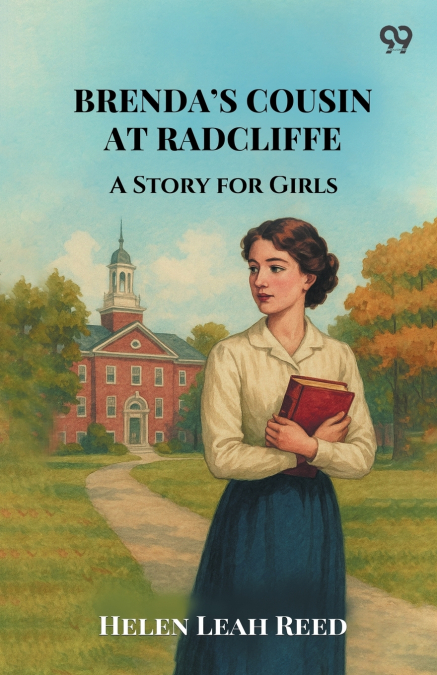
Helen Leah Reed
Brenda’s cousin at Radcliffe: A story for girls explores the emotional and intellectual journeys of several young women beginning their studies at a prestigious women’s college. The narrative focuses on the pressures and potential of higher education, examining how young women confront social expectations, self-doubt, and the need for personal growth. Central to this opening is the atmosphere of academic anticipation and social uncertainty, as the main character arrives during a quiet preparatory period. She meets fellow newcomers with contrasting personalities one openly enthusiastic about collegiate ambition, another more apprehensive and withdrawn. Their early conversations highlight both the excitement of entering a new world of possibility and the inner tensions they carry with them. The story gradually develops a sense of shared experience and emotional support among the students as they face institutional traditions, unfamiliar rituals, and subtle class distinctions. These formative interactions introduce the broader tensions of identity, adaptation, and intellectual freedom. The narrative’s attention to the academic setting underscores the evolving role of women in higher education and the ways personal transformation begins with the first tentative steps into an unfamiliar but promising future.